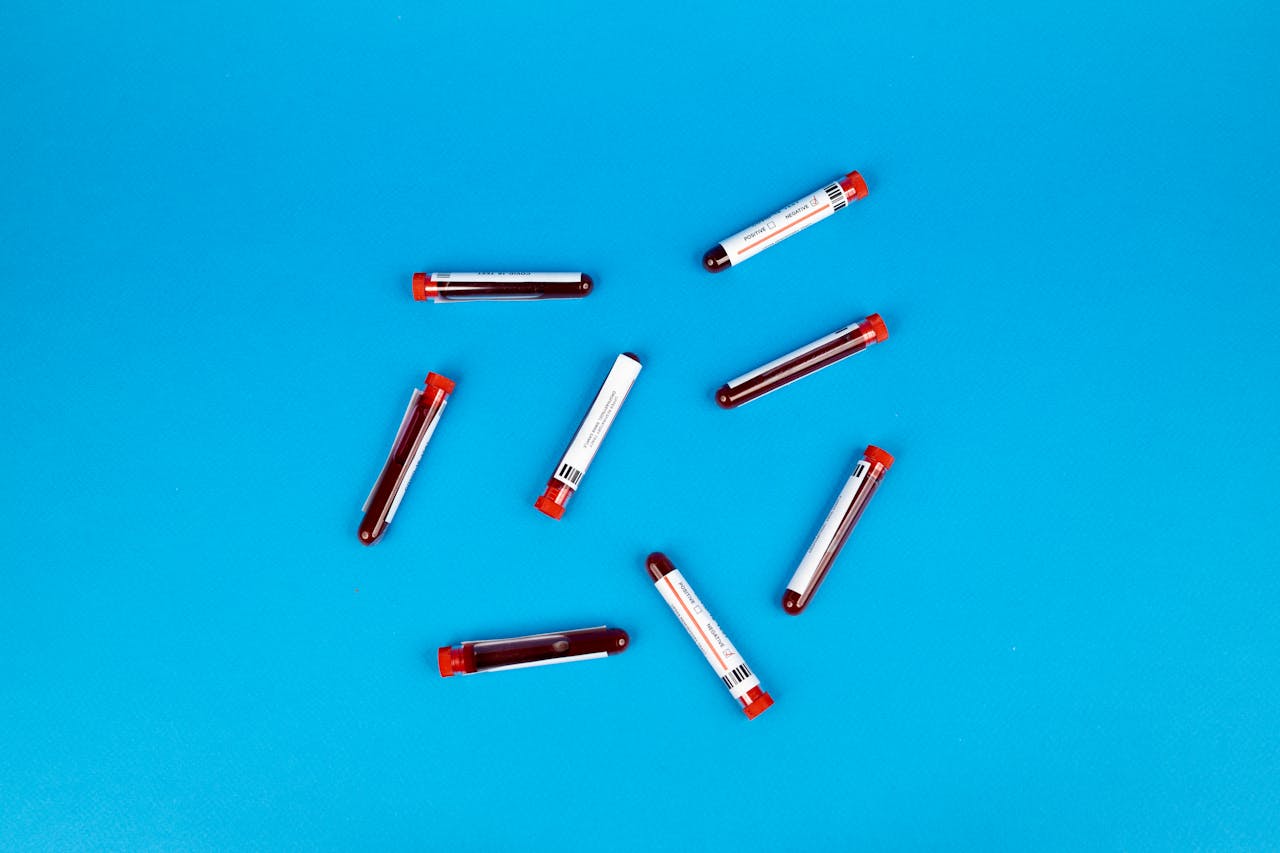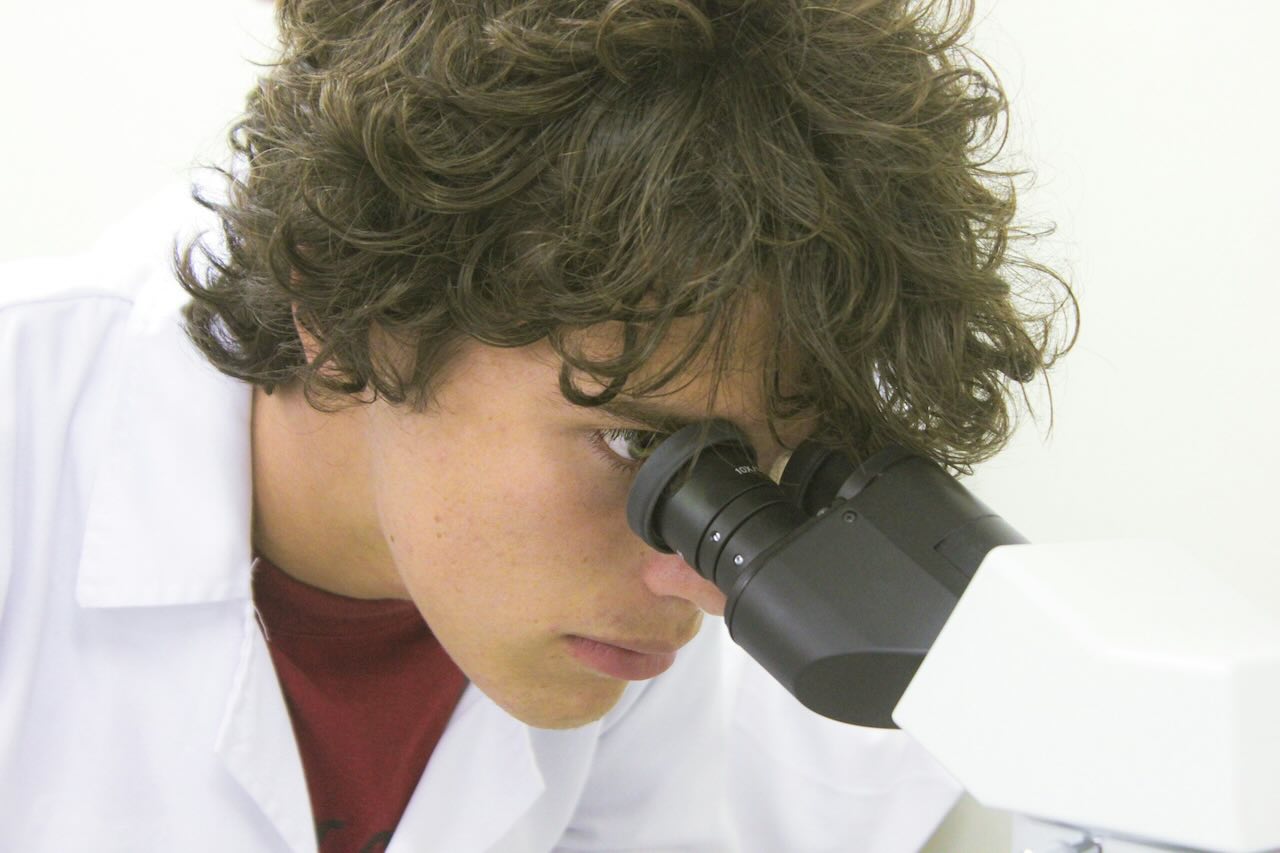Careers in haematology offer a unique balance between scientific analysis, direct patient care, and advanced medical technology. It’s a high-impact field where professionals make life-saving decisions through early diagnosis, precise lab testing, and tailored treatments.
As blood disorders are often early indicators of other medical problems, haematologists and medical laboratory scientists play a crucial role in the frontlines of preventive healthcare. The field is also central to managing cancers, chronic diseases, and transfusion support for surgeries.
With Malaysia seeing increased demand for blood specialists—a situation underscored by shortages in healthcare staffing—haematology is a rewarding path for those interested in medical innovation and public health advancement.
Career Options in Haematology
Depending on your qualifications and area of interest, there are multiple career pathways within haematology.
Clinical Haematologist
A clinical haematologist is a medical doctor who diagnoses and treats patients with blood-related diseases such as anaemia, thalassaemia, and leukaemia. These specialists often perform bone marrow biopsies, interpret diagnostic tests, and develop treatment plans that may include chemotherapy or stem cell transplants.
Medical Laboratory Scientist
Laboratory-based haematology professionals analyse blood samples to detect abnormalities. These scientists play an essential role in diagnosing diseases by using automated equipment and microscopic techniques to interpret blood counts, clotting functions, and bone marrow smears.
Haematopathologist
Haematopathologists are pathologists who specialise in diseases of the blood and bone marrow. They work closely with clinicians to confirm diagnoses based on histology, flow cytometry, and molecular testing.
This pathway requires a medical degree followed by pathology training and subspecialty certification in haematopathology.
Transfusion Medicine Specialist
Transfusion specialists manage blood banks, donor services, and transfusion protocols in hospitals. They ensure the safe matching, storage, and delivery of blood products for patients during surgery, trauma, or chronic care.
This role is critical in supporting surgical teams, cancer care units, and emergency departments.
Research Scientist
Research in haematology focuses on developing new treatments for blood cancers, improving transfusion safety, and exploring stem cell therapies. Scientists may work in pharmaceutical companies, universities, or government-funded institutions.
Candidates with a postgraduate degree in biomedical science or molecular biology often enter this track.

How to Begin a Career in Haematology
The journey begins with a strong academic foundation. For students interested in clinical practice, pursuing a medical degree is the first step. This is followed by postgraduate training in internal medicine and subspecialisation in haematology.
Alternatively, those interested in diagnostics, research, or laboratory roles can begin with a degree in biomedical science, which opens doors to positions in pathology labs, research centres, and public health departments.
Career Outlook in Malaysia
Malaysia has seen a steady rise in demand for haematology services due to increased cancer diagnoses, expanded transfusion needs, and national screening efforts for inherited blood disorders. New hospitals and diagnostic centres are being developed across the country, many with in-house labs and specialist care units.
There are also opportunities abroad, especially for haematology researchers and subspecialists trained in cutting-edge techniques. The career outlook is especially promising for professionals who combine clinical training with research, teaching, or leadership in healthcare administration.
FAQs About Careers in Haematology
1. What qualifications do I need to work in haematology?
You’ll need a medical degree to become a clinical haematologist, or a biomedical science degree for lab-based roles in diagnostics or research.
2. Can I specialise in haematology after medical school?
Yes, after completing a medical degree, you’ll need to finish housemanship, specialise in internal medicine, and then pursue subspecialty training in haematology.
3. What roles can biomedical science graduates take in haematology?
They can work as medical laboratory scientists, research assistants, or transfusion specialists in clinical labs, hospitals, and academic institutions.
4. Is haematology a good career in Malaysia?
Yes, with increasing public health awareness and investment in diagnostic services, haematology offers stable, impactful, and well-compensated career options in both clinical and lab settings.






